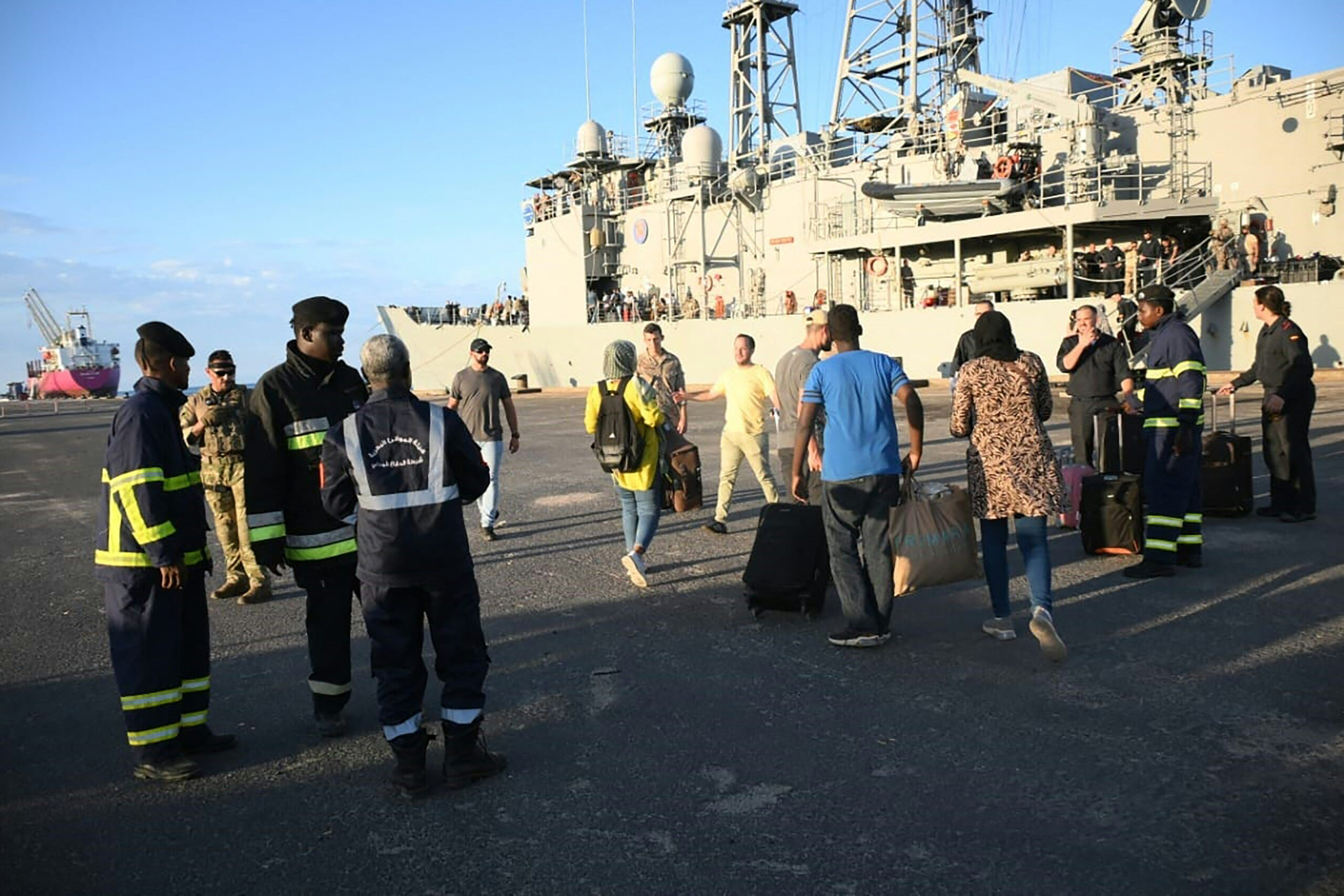Regional sources are reporting that the rival factions in an ongoing power struggle in Sudan have come to a tentative agreement that could serve as a framework for a proper peace agreement.
The Sudanese military and a paramilitary organization known as the Rapid Support Forces have been negotiating in Jeddah, the capital of Saudi Arabia, since Saturday. The violence erupted on April 15 after a failed attempt to integrate the RSF into the command structure of the regular army — each force is led by a rival general and over 100,000 strong, and the groups had been sharing power since a 2019 coup deposed the previous Islamist government.
“The Jeddah Declaration affirmed that the Sudanese army and the Rapid Support Forces would refrain from any attack that would cause civilian harm,” Saudi based news outlet Al-Arabiya reported on Thursday. “They also agreed that the interests of the Sudanese people are a priority for them, and that the Sudanese army and Rapid Support Forces would take all precautions to spare civilians any harm.”
The conflict has killed at least 604 people and wounded over 5,100 others, according to the World Health Organization. Another 500,000 have reportedly been displaced. Much of the violence was concentrated in the Sudanese capital of Khartoum, where RSF forces fought to seize control of military positions and vital infrastructure, catching many civilians in the crossfire.
The U.S. military evacuated diplomatic personnel from the American embassy in Khartoum on April 22, although official efforts to evacuate civilians were slower and incomplete — as of May 4, the U.S. had evacuated 1300 citizens, although the State Department estimated that as many as 16,000 U.S. citizens may have been in the country. Citizens are not required to notify the State Department when they enter or exit the country, making precise estimates of the American presence in Sudan difficult.
Japan, Canada, Britain, Germany, Italy, France, Egypt, and Sweden also took efforts to evacuate civilians and diplomatic personnel soon after the fighting began. The UN Food Programme also suspended operations in the country after three of their employees had been killed in the fighting. The UN reports that roughly ⅓ of Sudan’s population of 46 million face “acute food insecurity.”
The agreement comes in the wake of several false starts and failed ceasefires — early on in the conflict, the warring parties had agreed to several ceasefires to allow civilians to evacuate contested areas and to create corridors for humanitarian aid to pass through, but those agreements fell apart within hours.
“Both the army and the Rapid Support Forces had put forward some demands and conditions, but the mediation postponed them to limiting the agreement to a cease-fire and the opening of safe passages for the delivery of humanitarian aid,” Al-Arabiya reported.
CLICK HERE TO GET THE DAILY WIRE APP
The negotiations were brokered by the American State Department and the Saudi Foreign Ministry. The violent power struggle drew early condemnation from the United Nations and the Arab League, of which Sudan is a member, and international observers expressed concern that the outbreak of civil war could destabilize the entire region and draw other nations such as Egypt and Ethiopia into the conflict.

